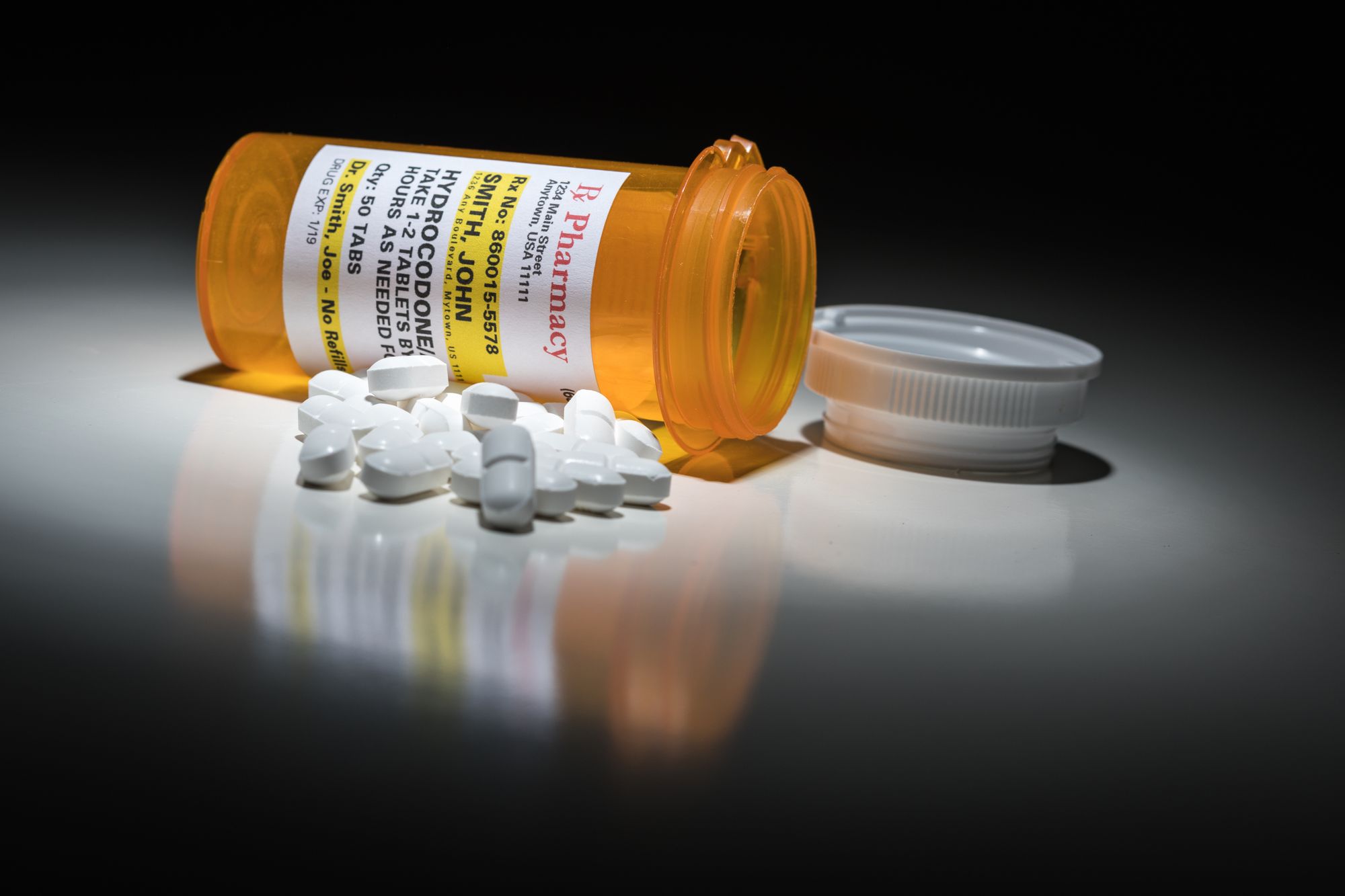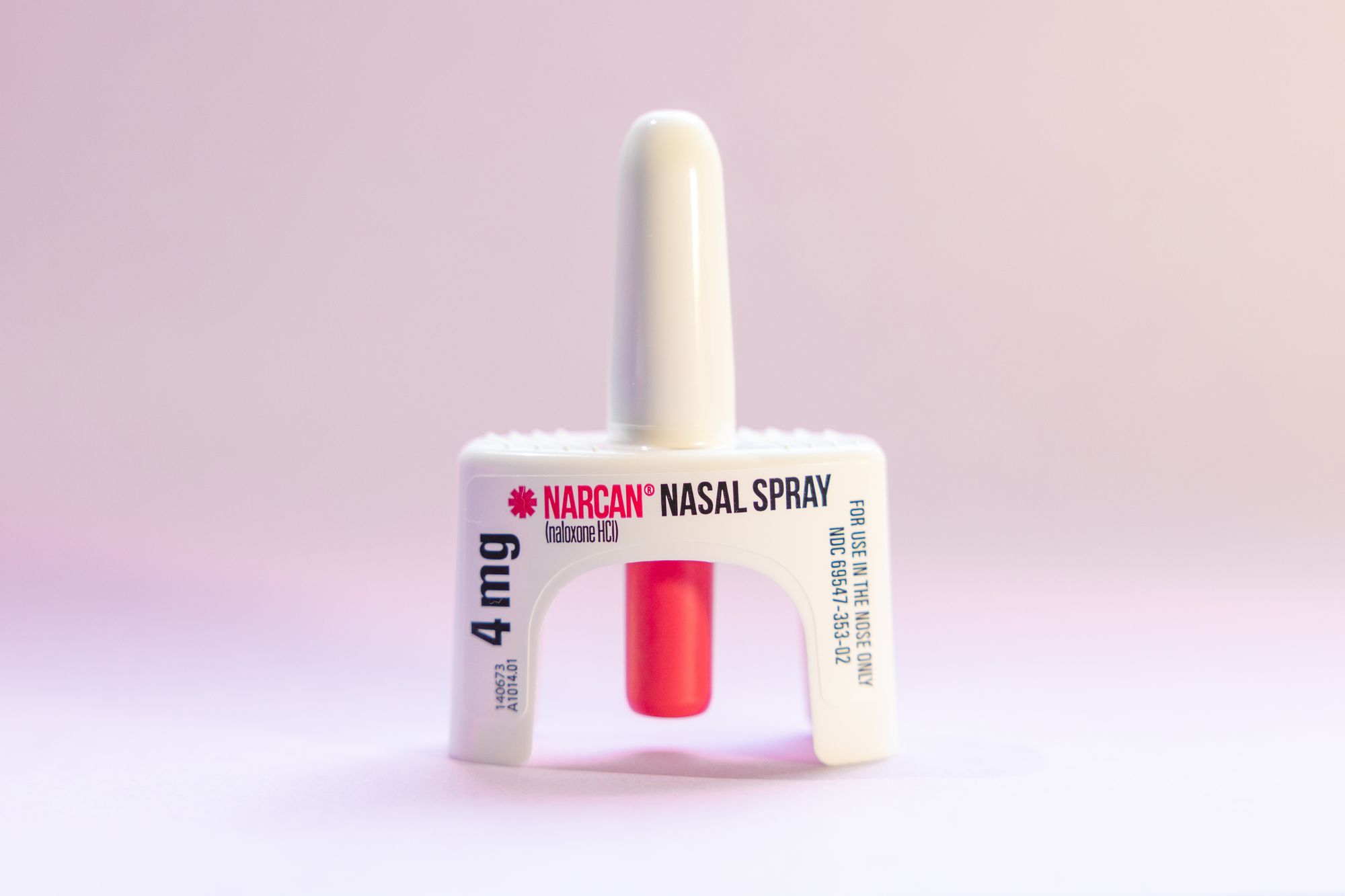A Turning Point in the Opioid Crisis: The Multi-Billion Dollar Settlements

The opioid epidemic has profoundly impacted communities across the United States. According to the Centers for Disease Control and Prevention (CDC), nearly 500,000 people died from an opioid overdose between 1999 and 2019. Some key statistics to consider include:
- In 2019, over 70% of drug overdose deaths in the United States involved an opioid, amounting to nearly 50,000 deaths.
- Synthetic opioids, like fentanyl, have been the primary driver of the recent increase in opioid overdose deaths. In 2019, synthetic opioids were involved in nearly 73% of opioid-involved overdose deaths.
- Prescription opioids continue to contribute to the crisis, with over 14,000 overdose deaths involving prescription opioids in 2019.
The United States has been grappling with an opioid epidemic for decades, with millions of lives affected by the abuse of prescription painkillers and synthetic opioids. As the crisis escalated, state and local governments took action against major players in the pharmaceutical industry, seeking compensation for the immense costs of addiction, death, and crime associated with opioids. After years of legal battles, the tide seems to be turning, with settlements totaling over $54 billion being reached or in the preliminary stages. This blog post will examine the latest settlements involving CVS, Walgreens, and Walmart, as well as their implications for the ongoing fight against opioid addiction.
The Latest Opioid Settlements:
CVS and Walgreens have agreed to pay a combined $10 billion in preliminary settlements to resolve class action lawsuits filed by states and local governments. These lawsuits claimed that the two pharmacy chains mismanaged opioid prescriptions, contributing to the widespread abuse, overdoses, and deaths associated with these drugs. Walmart, facing similar claims, has agreed to a provisional settlement structure of $3.1 billion.

If these settlements are finalized, CVS will pay nearly $5 billion over the next ten years, with $4.9 billion going to states and local governments and $130 million allocated to Native American tribes. Walgreens, meanwhile, plans to spend $4.79 billion on remediation payments spread over 15 years, including approximately $154 million for tribes and more than $750 million for legal expenses.
These settlements signify a shift in the narrative, with retailers now being targeted in opioid class-action lawsuits. For a long time, pharmacies denied any role in the opioid crisis, asserting that they merely dispensed legally prescribed medications. However, lawyers for the plaintiffs argued that the pharmacies ignored red flags surrounding the dangerously high volumes of opioid prescriptions they were dispensing.

The recent settlements with CVS, Walgreens, and Walmart are part of a larger wave of legal actions against companies in the pharmaceutical supply chain, including manufacturers, wholesalers, and retailers. To date, settlements totaling over $50 billion have been reached or are in the works.
Some of the most notable settlements include:
- McKesson, AmerisourceBergen, and Cardinal Health: The "big three" distributors agreed to a $26 billion settlement on February 25, 2022.
- Purdue Pharma: Depending on the outcome of ongoing appeals, Purdue will contribute between $5.5 and $6 billion to the settlement.
- Mallinckrodt: The company is expected to contribute $1.7 billion to the settlement as part of its bankruptcy restructuring plan.
- Teva Pharmaceuticals: The company has agreed to a preliminary settlement of $4.25 billion.
- Allergan (a division of AbbVie): The company will contribute $2.37 billion as part of a "companion agreement" announced on July 29, 2022.
- Endo Pharmaceuticals: The company has agreed to provide $450 million as part of a preliminary deal with state attorneys general.
What's Next?
These settlements represent a significant step forward in addressing the opioid crisis and holding the pharmaceutical industry accountable for its role in fueling the epidemic. The funds obtained through these settlements will be crucial in supporting addiction treatment, prevention programs, and other initiatives aimed at curbing the devastating effects of opioids on communities across the country.
However, the fight against the opioid epidemic is far from over. With synthetic opioids like fentanyl continuing to pose a significant threat, it is essential for all stakeholders, including the government, healthcare providers, and the pharmaceutical industry, to work together in finding effective solutions to prevent and treat addiction.
The multi-billion dollar settlements
will provide much-needed resources to address the opioid crisis at various levels. The funds are expected to be used in several ways:
- Expanding access to addiction treatment: The settlements will help states and local governments increase access to evidence-based treatment services, including medication-assisted treatment (MAT) and behavioral therapies.
- Prevention programs: Funds will be allocated to develop and implement prevention programs that target high-risk populations, such as youth and people with a history of substance use disorders.
- Overdose reversal: Settlement funds will be used to expand the availability of naloxone, a medication that can quickly reverse an opioid overdose, to first responders, healthcare providers, and community members.
- Law enforcement and public safety: Some of the settlement money will be used to support law enforcement efforts to combat illegal opioid distribution and target criminal networks responsible for the illicit opioid trade.
- Research and innovation: A portion of the funds will be invested in research to understand the drivers of the opioid crisis better and develop innovative strategies to prevent and treat opioid addiction.

Have you suffered opioid-related injuries? Have you lost someone you love because of opioid addiction?
You may be entitled to compensation for things like medical bills, rehabilitation, lost wages, and even your pain and suffering.
NEW YORK OPIOID INJURY LAWYERSWhile the recent opioid settlements are a major milestone, there is still much work to be done to address the ongoing crisis. Moving forward, it is critical that all stakeholders continue to work together and leverage the resources provided by these settlements to develop comprehensive, evidence-based strategies to prevent and treat opioid addiction and ultimately save lives.


